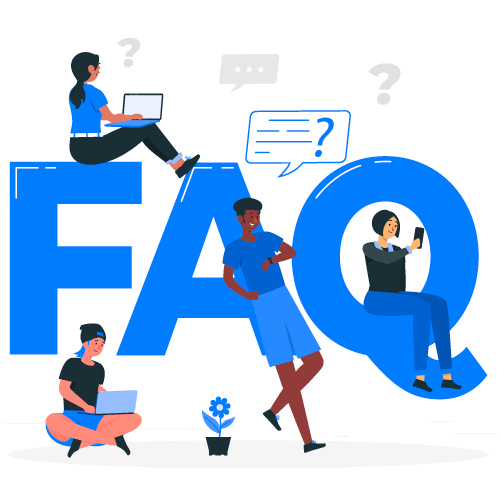
Konw here
-
What is ERP, and how does it benefit my business?
ERP (Enterprise Resource Planning) is a software solution that integrates various business
-
Spirit ERP (Enterprise Resource Planning) is a software solution that integrates various business processes such as finance, HR, sales, procurement, inventory, and more into a single system. It streamlines operations, improves efficiency, and provides real-time insights for better decision-making. An ERP system can reduce operational costs, improve workflow management, and enhance collaboration across departments.
-
How long does it take to implement an ERP system?
The time it takes to implement an ERP system can vary based on the size of your organization.
-
The time it takes to implement an ERP system can vary based on the size of your organization, the complexity of your processes, and the modules you need. On average, ERP implementation can take anywhere from 3 to 12 months. A phased implementation approach can help reduce disruption and allow for smoother transitions.
-
Will my data be secure in an ERP system?
Yes, ERP systems are designed with robust security features such as data encryption,
-
Yes, ERP systems are designed with robust security features such as data encryption, user authentication, and role-based access controls. Many ERP providers also offer cloud-based solutions that ensure data is regularly backed up and protected with advanced cybersecurity measures. You should work closely with your ERP vendor to ensure your specific security needs are met.
-
Can the ERP system be customized to meet my business needs?
Most ERP systems are highly customizable and can be tailored to fit your unique business processes.
-
Most ERP systems are highly customizable and can be tailored to fit your unique business processes. You can choose specific modules that fit your operations, and many ERP platforms allow for custom workflows, fields, reports, and integrations with third-party systems. However, keep in mind that extensive customization can increase implementation time and costs.
-
What are the costs associated with ERP implementation?
ERP implementation costs can vary depending on factors like the size of your business,
-
ERP implementation costs can vary depending on factors like the size of your business, the number of users, the modules you choose, and the level of customization required. Costs typically include software licensing or subscription fees, implementation services, training, and ongoing support. It's important to plan for both upfront and recurring costs when budgeting for an ERP system.
-
How do I choose the right ERP for my business?
Choosing the right ERP system requires a clear understanding of your business needs and processes.
-
Choosing the right ERP system requires a clear understanding of your business needs and processes. Key factors to consider include the ERP’s functionality, scalability, ease of use, integration capabilities, vendor reputation, and total cost of ownership. Consulting with stakeholders across your organization and performing a thorough requirements analysis can help in selecting the best ERP solution.
-
What kind of training and support will be provided after implementation?
Most ERP vendors offer comprehensive training and support services during and after implementation.
-
Most ERP vendors offer comprehensive training and support services during and after implementation. This may include on-site or remote training sessions, user guides, online tutorials, and help desks. It's essential to ensure that your employees are properly trained to use the system effectively, and ongoing support is available to address any issues that arise.
We will be glad to hear from you

